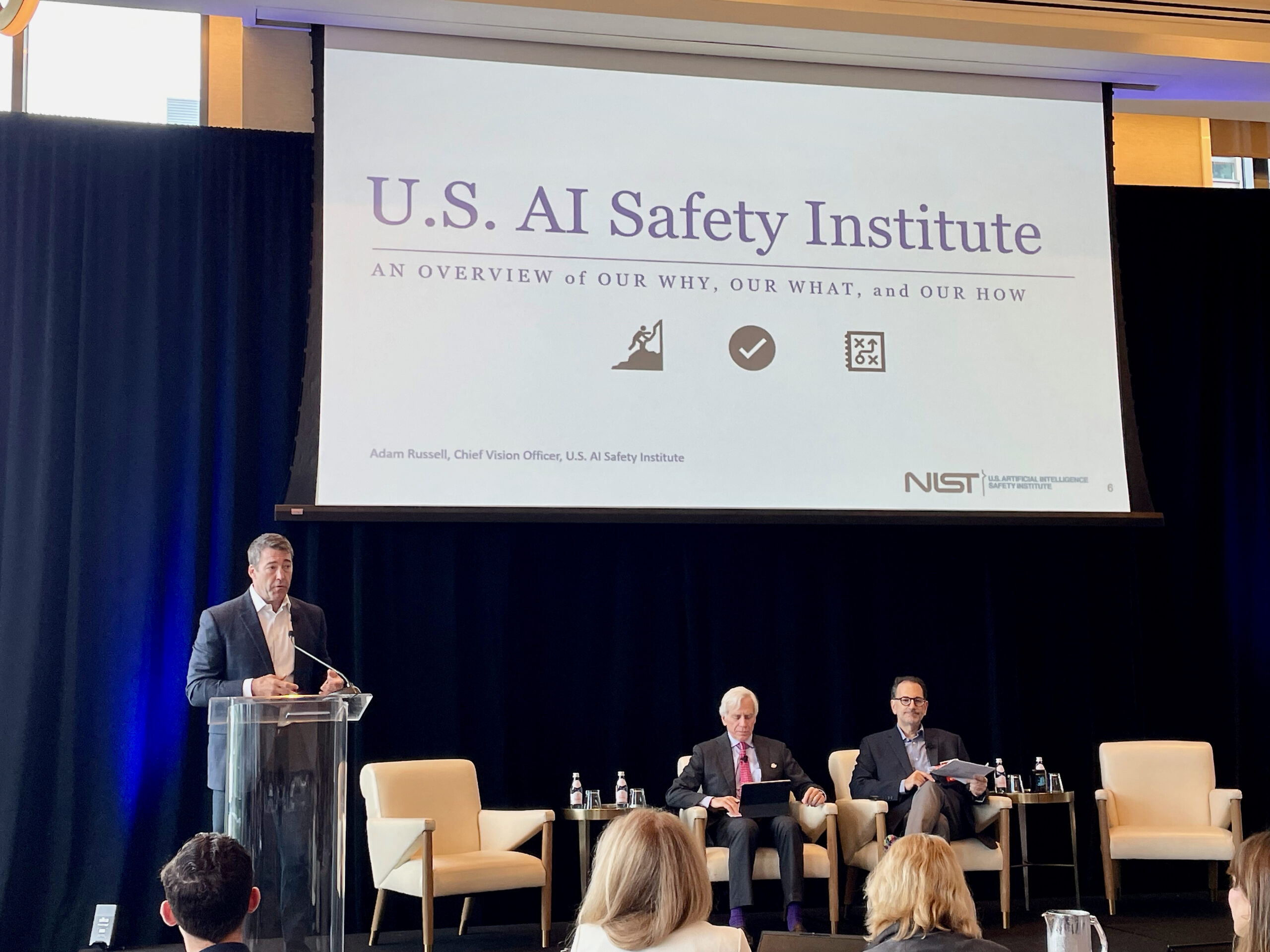
Reflections on California’s Age-Appropriate Design Code in Advance of Oral Arguments
Co-authored with Isaiah Hinton, Policy Intern for the Youth and Education Team Update: On Wednesday, July 17th, the U.S. 9th Circuit Court of Appeals heard oral arguments for an appeal of the District Court’s preliminary injunction of the California Age-Appropriate Design Code Act (AADC). Judges Milan Smith Jr., Mark Bennett, and Anthony Johnstone appeared interested […]

NEW FPF REPORT: Confidential Computing and Privacy: Policy Implications of Trusted Execution Environments
Written by Judy Wang, FPF Communications Intern Today, the Future of Privacy Forum (FPF) published a paper on confidential computing, a privacy-enhancing technology (PET) that marks a significant shift in the trustworthiness and verifiability of data processing for the use cases it supports, including training and use of AI models. Confidential computing leverages two key […]

A First for AI: A Close Look at The Colorado AI Act
Colorado made history on May 17, 2024 when Governor Polis signed into law the Colorado Artificial Intelligence Act (“CAIA”), the first law in the United States to comprehensively regulate the development and deployment of high-risk artificial intelligence (“AI”) systems. The law will come into effect on February 1, 2026, preceding the March, 2026 effective date […]

FPF Launches Effort to Advance Privacy-Enhancing Technologies, Convenes Experts, and Meets With White House
FPF’s Research Coordination Network will support developing and deploying Privacy-Enhancing Technologies (PETs) for socially beneficial data sharing and analytics. JULY 9, 2024 — Today, the Future of Privacy Forum (FPF) is launching the Privacy-Enhancing Technologies (PETs) Research Coordination Network (RCN) with a virtual convening of diverse experts alongside a high-level, in-person workshop with key stakeholders […]

FPF Submits Comments in Response to the United States Department of Transportation’s (DOT), Request for Information on Opportunities and Challenges of AI in Transportation
FPF submitted comments in response to the United States Department of Transportation’s (DOT) Request for Information on Opportunities and Challenges of Artificial Intelligence (AI) in Transportation. In DOT’s work to examine the potential for AI, FPF urges DOT to:

We’re in this Together: Expert Speakers Explore Topics Related to Protecting Privacy, Security, and Online Safety for Young People in Australia
On June 26, the Future of Privacy Forum (FPF) and the Australian Strategic Policy Institute (ASPI) co-hosted an online discussion on Privacy, Security, and Online Safety for Young People in Australia. The panel included welcoming remarks from John Verdi, FPF, and Bart Hogeveen, ASPI, and consisted of experts across all three disciplines, including: The discussion […]

Chevron Decision Will Impact Privacy and AI Regulations
The Supreme Court has issued a 6-3 decision in two long-awaited cases – Loper Bright Enterprises v. Raimondo and Relentless, Inc. v. Department of Commerce – overturning the legal doctrine of “Chevron deference.” While the decision will impact a wide range of federal rules, it is particularly salient for ongoing privacy, data protection, and artificial […]

AI Forward: FPF’s Annual DC Privacy Forum Explores Intersection of Privacy and AI
The Future of Privacy Forum (FPF) hosted its inaugural DC Privacy Forum: AI Forward on Wednesday, June 5th. Industry experts, policymakers, civil society, and academics explored the intersection of data, privacy, and AI. In Washington, DC’s southwest Waterfront at the InterContinental, participants joined in person for a full-day program consisting of keynote panels, AI talks, […]

Comprehensive Privacy Anchors in the Ocean State
On June 25, 2024, Governor McKee transmitted without signature H 7787 and S 2500, the Rhode Island Data Transparency and Privacy Protection Act (RIDTPPA), making Rhode Island the nineteenth state overall and the seventh state in 2024 to enact a comprehensive privacy law. The law will take effect on January 1, 2026, and the majority […]

